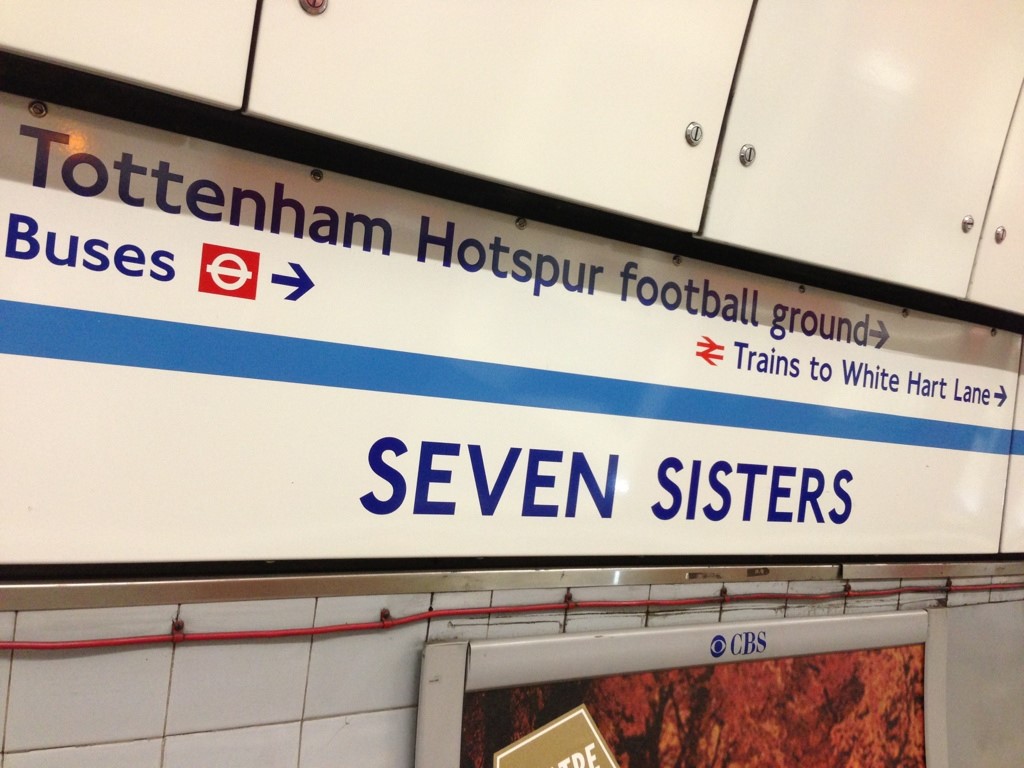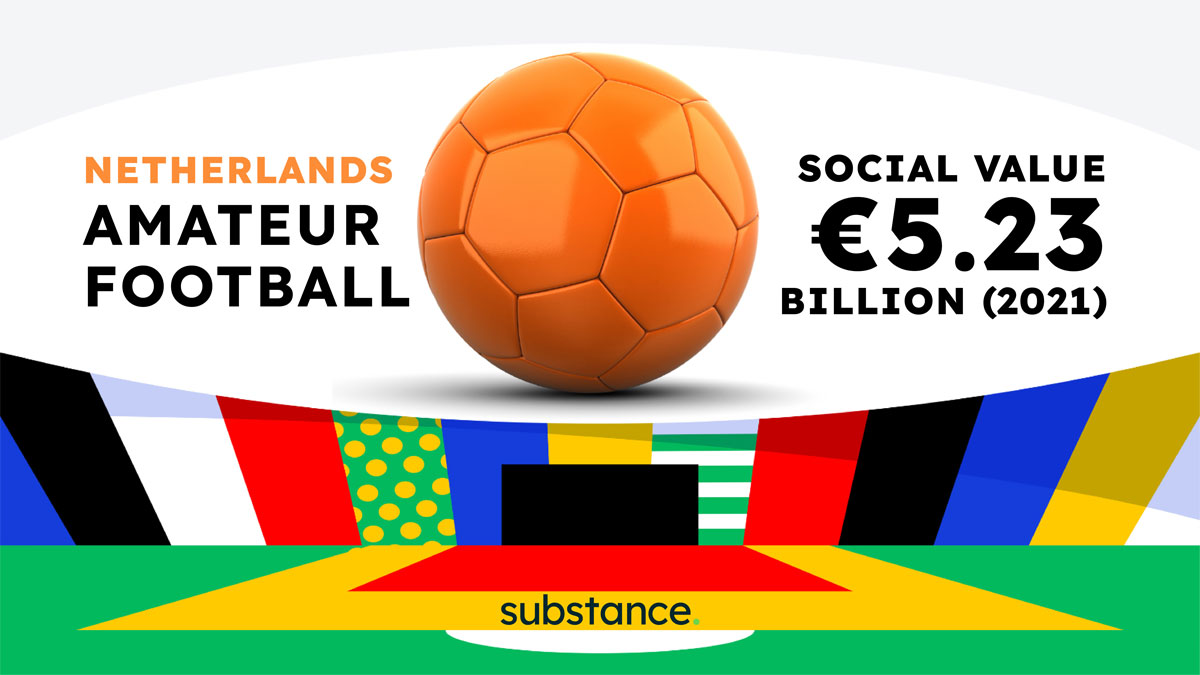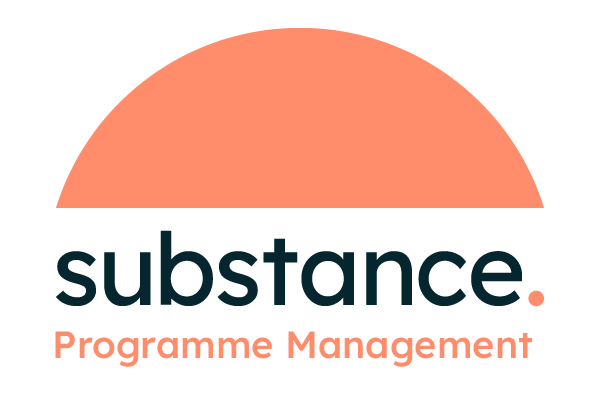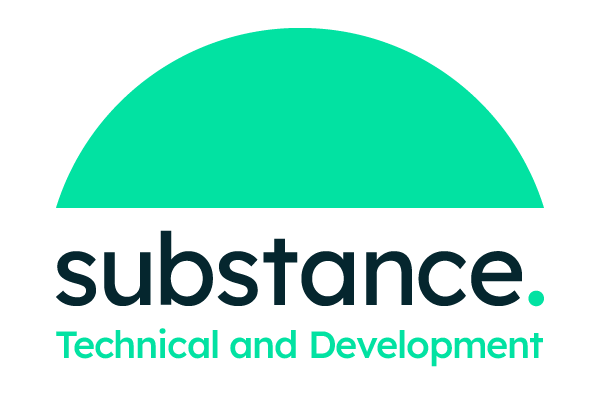
There is no doubt that a 24-hour strike by London underground staff has a cost to the British economy. Apart from the long waits at bus stops and grid lock on the streets, hours are wasted by workers commiserating with colleagues about their nightmare journeys. Then there are the cafes, pubs and restaurants that make up much of the night time economy which will inevitably be a bit quieter as everyone leaves early to get home before midnight. And as the most interesting journeys are captured by reporters for transmission on the 10 o clock news there is always an economist ready to tell the nation what the strike has cost the economy in terms of lost income. One report by the London Chamber of Commerce in 2009 put the figure at £50 million a day. A more recent figure from the Federation of Small Businesses put the cost of a two day strike in 2014 at £600 million, equivalent to £300 million a day. At the same time as the Federation of Small Businesses were publishing their research, the Centre for Economics and Business Research suggested that the growth of the internet and the flexibility it offered to modern work practices meant the cost of a 24 hour tube strike was actually about £10 million.
So while the numbers might be disputed by economists the interest in economic valuations is spreading to organisations that seek to do good and how much they are saving the British economy, in terms of reducing unemployment benefit payments, relieving pressure on the health service or cutting the numbers of young people entering the criminal justice system.
After establishing our own methodology for this sort of assessment through research for the sport for development charity, Sported and the subsequent creation of the Sportworks valuing tool, we were able to test it when Brentford FC sought planning permission for a new community stadium. But whilst the London Borough of Hounslow’s council officers and elected officials were interested in the £8 million of annual social cost savings delivered by the club’s Community Sports Trust they were just as interested in future valuations as part of their section 106 agreement to ensure the new stadium delivers increased community benefits. So, for the council, what mattered most was a measurement approach that would enable tracking of progress towards a shared goal.
This desire to understand value and how to increase it was the driving force for the Tottenham Hotspur Foundation as they planned their contribution to the regeneration of east Haringey and south Enfield as part of the development of the new football stadium. As we began our assessments what was immediately apparent was the commitment of the front line staff and the numbers of people who accessed their programmes and services. What was less obvious was the difference they were making and the wider impact of an ever increasing portfolio of programmes.
Following the initial impact and valuing exercise, the Foundation adopted an organisational outcomes framework with intermediate indicators and associated measures. Rather than reveal the initial assessment of the value of their work the Foundation focused on improving their impact practice ahead of a reassessment the following year, once they had confidence the impact score was a better reflection of their efforts. They became, in their own words, an organisation that wanted to hold itself to account for the difference they were making and in as open and transparent a way as possible. This also required a commitment to a single measurement approach in order they can track this change reliably, closing the gap between what they believe they do and what they can actually prove they do.
The result of their ‘prove and improve’ strategy will be revealed at the end of November in a parliamentary reception at the House of Commons, when they will become the first Football Club Foundation to publish a Social Audit and Impact Report. For a detailed description of what they did and how they did it the Foundation will be holding a workshop at the Substance National Conference on November 19th at the Kia Oval Cricket Ground, London. To find out the social and economic value of the Tottenham Hotspur Foundation click here.











